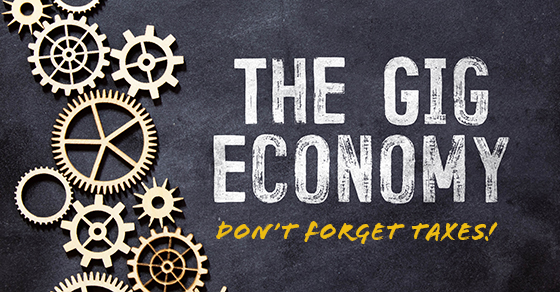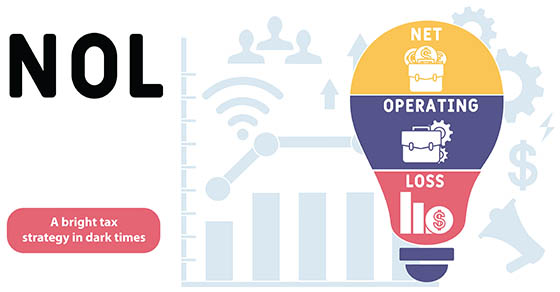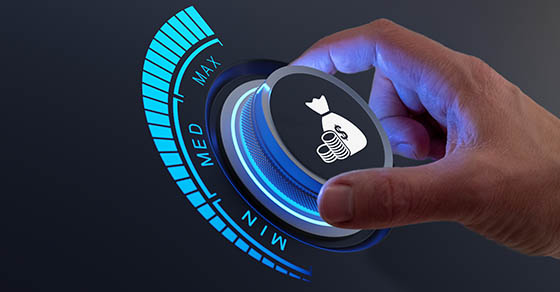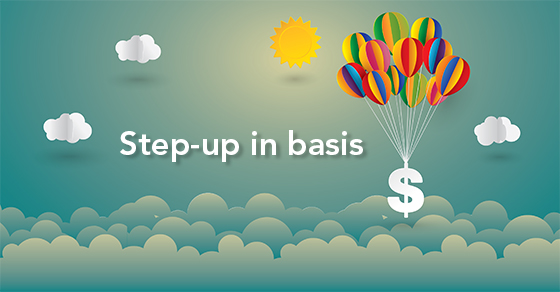The IRS recently announced 2026 amounts for Health Savings Accounts
The IRS recently released the 2026 inflation-adjusted amounts for Health Savings Accounts (HSAs). Employees will be able to save a modest amount more in their HSAs next year. HSA basics An HSA is a trust created or organized exclusively for the purpose of paying the “qualified medical expenses” of an “account beneficiary.” An HSA can […]
The IRS recently announced 2026 amounts for Health Savings Accounts Read More »










